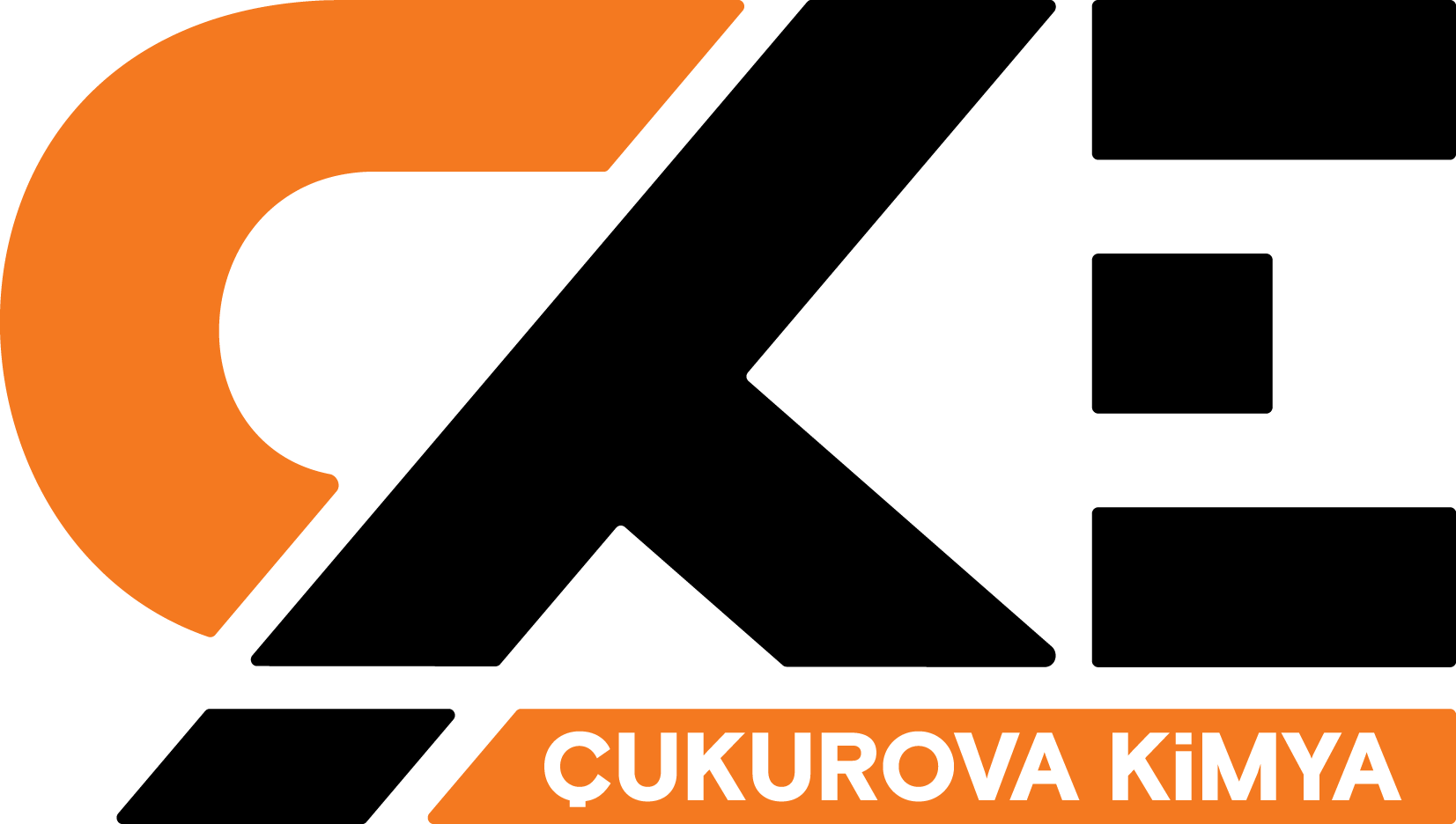If we asked you to evaluate the first half of 2019, what kind of projection would you draw, what are your expectations for the second half of the year? Can you evaluate this by considering the developments both in Turkey and in the world, and by comparing the casting industry with the other industries you serve, if any?
The global economic volatility, which started in the last quarter of 2018 and whose effects we felt in the first half of 2019, continues to affect our country at the same time as the world market. The decrease in supply experienced in the global markets and the fluctuations in exchange rates that came with it have fundamentally affected our export-based casting industry manufacturers. The results of these effects cause a 20-25% market shrinkage compared to the first half of 2018.
When we look at the analyzes regarding the second half of 2019, I think that it is a little early to draw an optimistic picture. The effects of the global crisis continue and it is clearly seen that the desired real steps have not been taken, especially in the developed European Union countries. The exchange rate-based economic instability in our country, the increasingly tense atmosphere and embargoes in the Middle East directly trigger political and economic fluctuations in our country. These effects show that more difficult days are ahead for our production economy, which has based most of the industrial production on the basis of exports. Our company, apart from the casting sector; produces binders used as raw materials in the manufacture of refractory, abrasive, lining and felts. It is also affected by the economic difficulties experienced in both domestic and foreign markets in these areas. There was an average of 15-20 percent contraction in the lining and refractory sector, and around 10-15 percent in the abrasive sector. Our company has made capacity increases and investments in technological machinery and equipment and continues to do so. We are also continuing its commercial activities in the relevant sectors.
How will the rapid transition to electric and hybrid vehicles, which is the main agenda in the "Automotive Industry", affect the casting industry? How does the casting industry in Turkey and in the world react to this development, can you tell us your observations?
In hybrid vehicles; Since internal combustion and electric motors are used together, it is foreseen that the engines produced by internal combustion and casting will continue to be used. However, since internal combustion engines will not be used in electric vehicles, the need for casting materials in this area is expected to decrease over time.
What are the comments of the firm you represent or your headquarters about the situation of our competitor casting manufacturers in Europe?
At the beginning of this century, we see that the global brands created by the European casting industry continue to increase their investments in developing countries. The communication facilities provided by global information technologies make this process manageable. Industry 4.0 can be perceived as a new industrial revolution, with the awareness that it is only possible to compete with leaders of the global casting China and India in the near future, only by producing knowledge. We closely follow the robotic production-supported investments in the casting industry of developed European countries, especially Germany and Italy. With mechatronics-based industrial production, it is aimed to provide low labor costs and to reduce human-induced production losses. As of the end of 2019, I believe that this thesis will fill the infrastructure of optimistic expectations for European casting production figures. Ranking 3rd in Europe and 11th in the world, our country already shows us that it will take the wind created by rising trends with its technical know-how and trained manpower.
The Turkish casting industry, which supplies raw materials through imports, also exports a large part of its production. How do rapid fluctuations in exchange rates affect imports and exports? Also, do you expect a movement in raw material prices in the short and medium-term?
Unfortunately, the Turkish iron and steel industry fullfils its raw material and semi-finished product needs by importing them. Exchange rate increase; It affects companies primarily in terms of production and investment due to import dependency, and on the other hand, in terms of financing due to foreign currency loans. The fact that imported raw materials are often purchased on credit causes the financial structures of companies to disrupt due to exchange rate differences. As the trade wars between the USA and China, and the continuation of the recession in Europe on the other hand, will cause a decrease in the consumption of the countries affected by the global crisis, general commodity prices are expected to decline until the end of the year.
Finally, world trade fights, increases in tax, embargoes etc. Can you evaluate its effects on the casting industry?
It is obvious that the USA, as a global power, filled the diminishing influence of Russia in the post-cold war world conjuncture. It can be said that the game played with China is getting clearer every day that it will take a different dimension. First of all, on the basis of the casting industry, since 2016, China continues to provides 45 percent of the world casting production alone. We will see together what the Chinese government's response will be to the efforts of the USA to slow this situation with the high taxes imposed on China in the face of this growth.When we evaluate the situation in terms of our country, the increase in investments in quality casting facilities and efforts to increase efficiency will increase the profitability at the right rate. While we are using our supply advantages to our customers in the European market, which our geopolitical position provides us, embargoes and trade difficulties arising from global trade wars create great obstacles in front of us to open up and settle in the eastern markets.
Download Files



